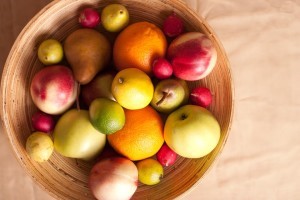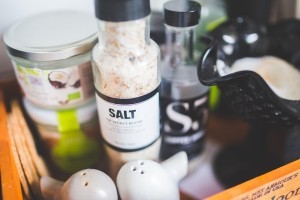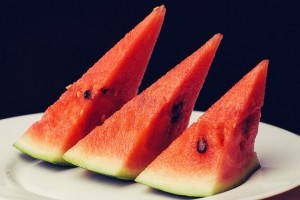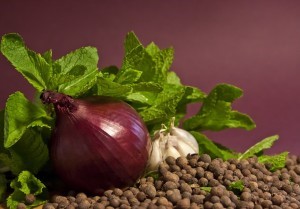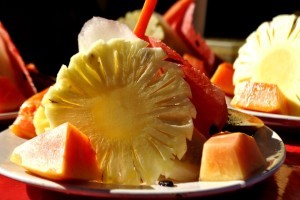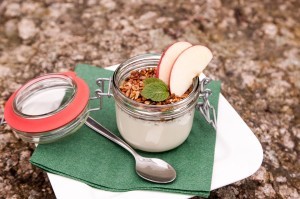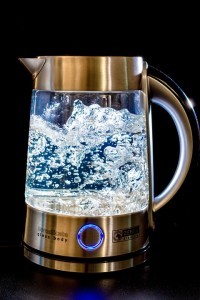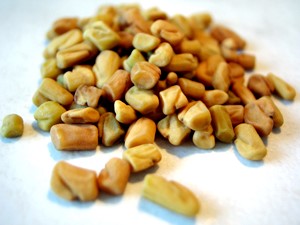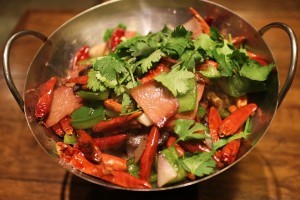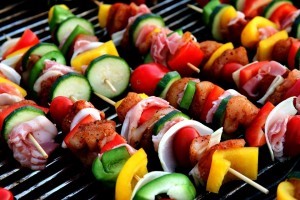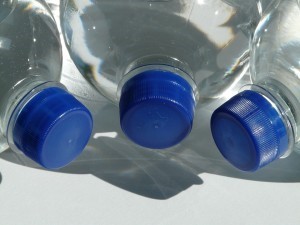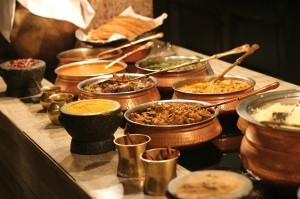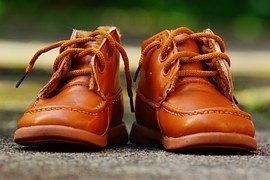Monsoon Health Tips

The rains are on us and it is but a given that everyone is vulnerable to infection in one way or the other. Staying healthy in the monsoon is absolutely important, especially since your immunity might be at a low, what with the heavy rains and exposure to too much wet weather. Eating in the monsoon season might not seem like anything different from your diet through the rest of the year. But this is a misconception: you need to ensure that your body has the right resources and nutrients to stay healthy – because the monsoon is a season where your immunity is at a low, and you are vulnerable to infection all the more. Here are a few tips to help you ensure that you have your health in order this monsoon:
1. Eat lots of fruits and fibrous foods so that your energy resources are not depleted. Apples, mangoes, pomegranates and pears are your best bet.
2. Reduce your salt intake, for it increases water retention and blood pressure.
3. Avoid eating too many watery foods like watermelon, cucumber and muskmelon since they increase the swelling and bloating in the body.
4. Add garlic and onions to your diet to boost your immunity.
5. Ensure that you have warm foods that keep you warm from within.
6. Use yoghurt and curd instead of milk, but if you must drink milk, make sure that it is boiled well.
7. Always drink boiled water in the monsoon, and don’t neglect the amount of water you drink, because you need to stay hydrated.
8. Bitter vegetables, such as bitter gourd, neem, turmeric, ginger and fenugreek can help keep your body free of infections.
9. Avoid spicy food, for it can result in skin infections and allergies.
10. Avoid too much fish and meat in the monsoons, lighter food like stews and soups work well. Avoid eating street food, especially since they are exposed to contamination, and the use of water in cooking street food may not be clean. Hygienic food made of hygienic ingredients is but essential.
11. Drink your own water. If you know you are going to be out on the road for a fair amount of time, make sure that you carry your own water rather than to rely on water bought from outside, since it may be spurious.
PC:www.helenafairsfax.com
12. Avoid raw food in the monsoons, especially since they have to be washed and served hygienically. There is a chance that they may not be clean, and this is the quickest way in which infection spreads.
13. Wash your hands often to ensure that you stay away from germs. Use a hand sanitizer if it helps.
14. Wear closed shoes, and if possible, water proof ones. Leptospirosis spreads through slushy water, and you’d do well to keep your toes and feet covered, lest there be an imbibition of the germs through the delicate skin between your toes.
References:
https://beautyhealthtips.in/best-healthy-health-tips-monsoon-rainy-season/
http://goindia.about.com/od/planningyourtrip/qt/monsoonhealth.htm

